Atmospheric drying power may reinforce drought severity and intensify environmental impacts.
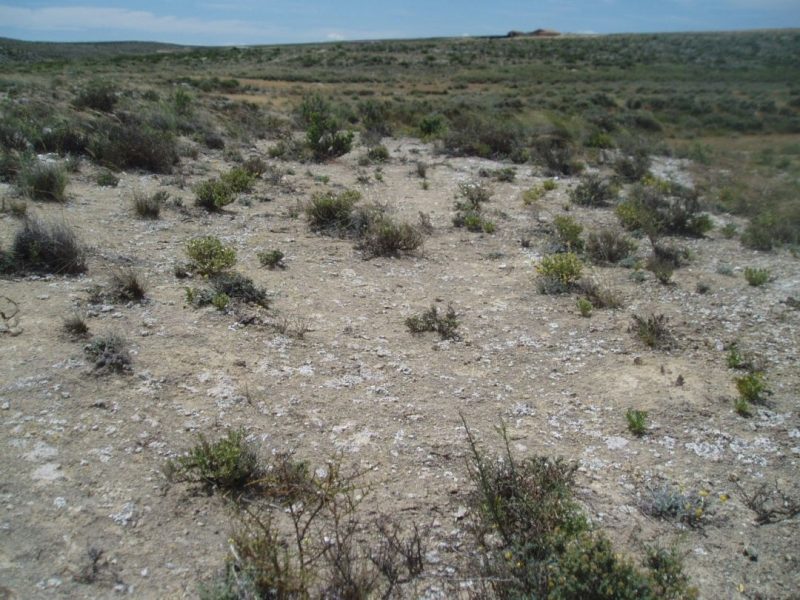

Atmospheric drying power may reinforce drought severity and intensify environmental impacts.

International market mechanisms for greenhouse gas emission reductions tend to generate two extreme reactions – strong opposition or fervent support.

Recent advances in paleoclimatology and the growing digital availability of large historical datasets on human activity have created new opportunities to investigate long‐term interactions between climate and society.
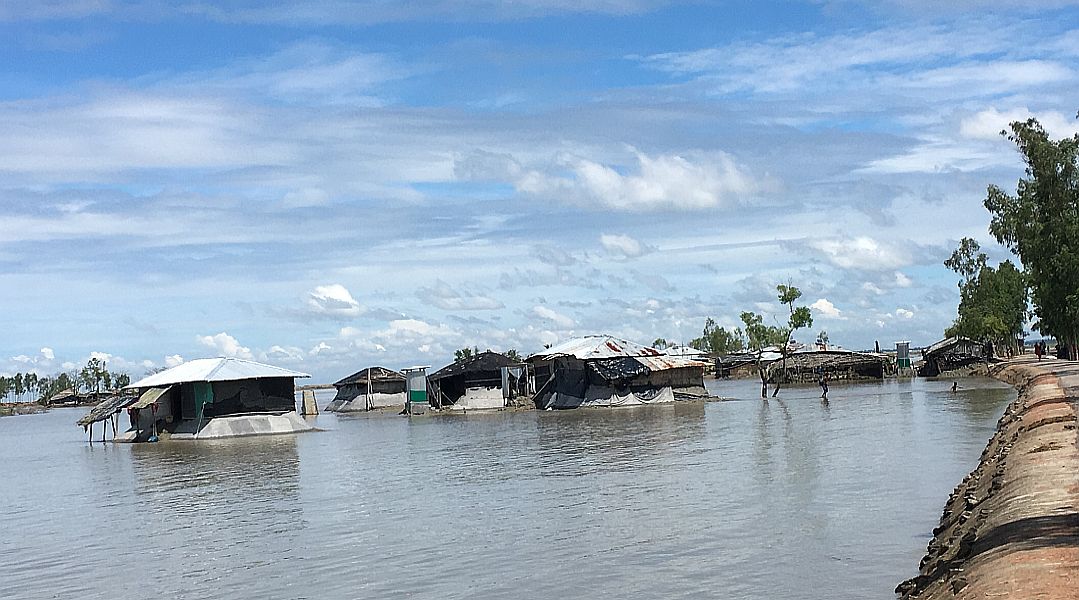
When and why do people decide to move in response to environmental changes?
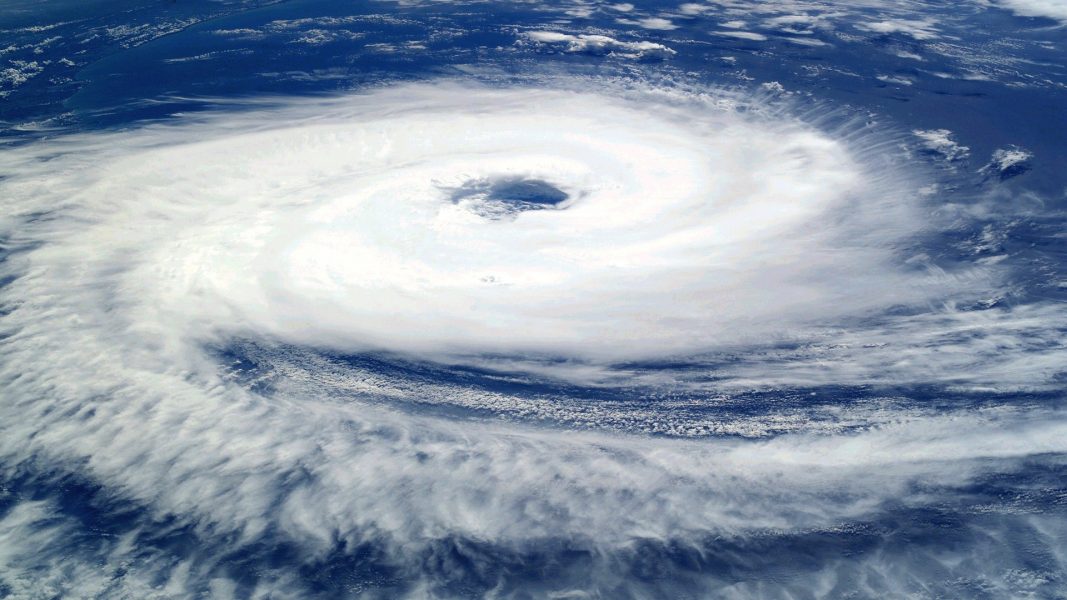
A better understanding of past tropical cyclones in a changing climate will provide key insights that can help mitigate impacts of tropical cyclones on vulnerable communities.

Today, the representation of future generations in climate policymaking is one of the most dynamic areas of democratic innovation.

Nationally Determined Contributions (NDCs) outline national goals for greenhouse gas emission reductions.
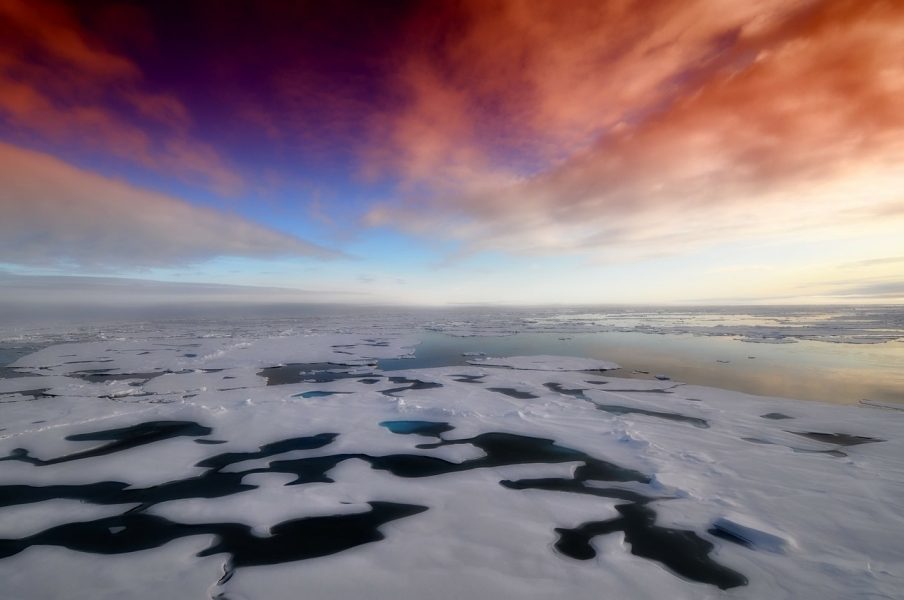
Global transport of moisture its effect on Arctic Sea Ice Extent (SIE).
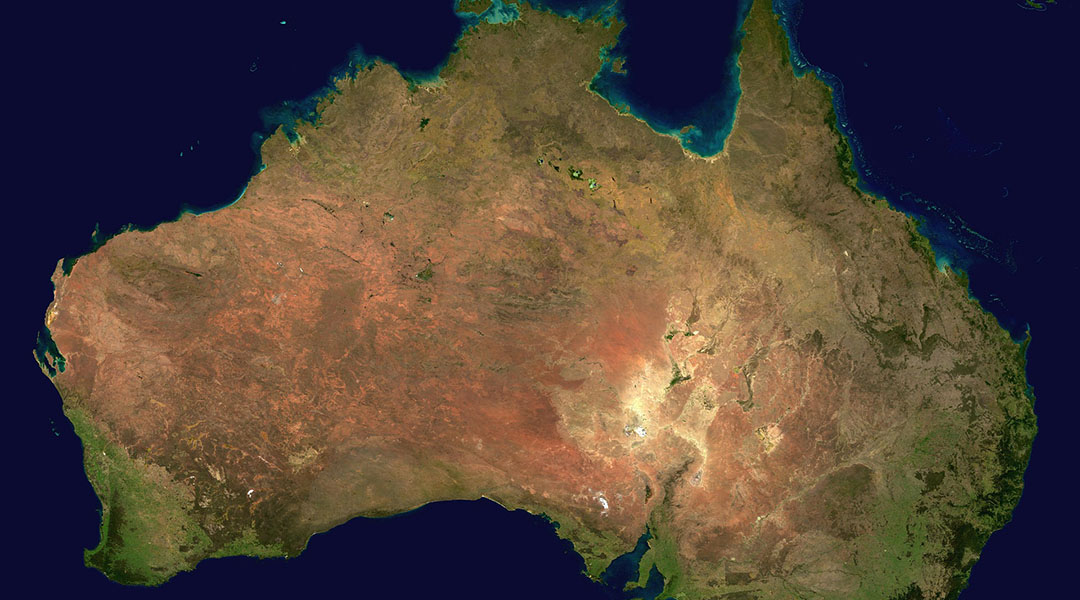
As Australia is the second driest continent on Earth, reliable projections around the trends and variability in future rainfall are crucial for policymakers and water resource management.
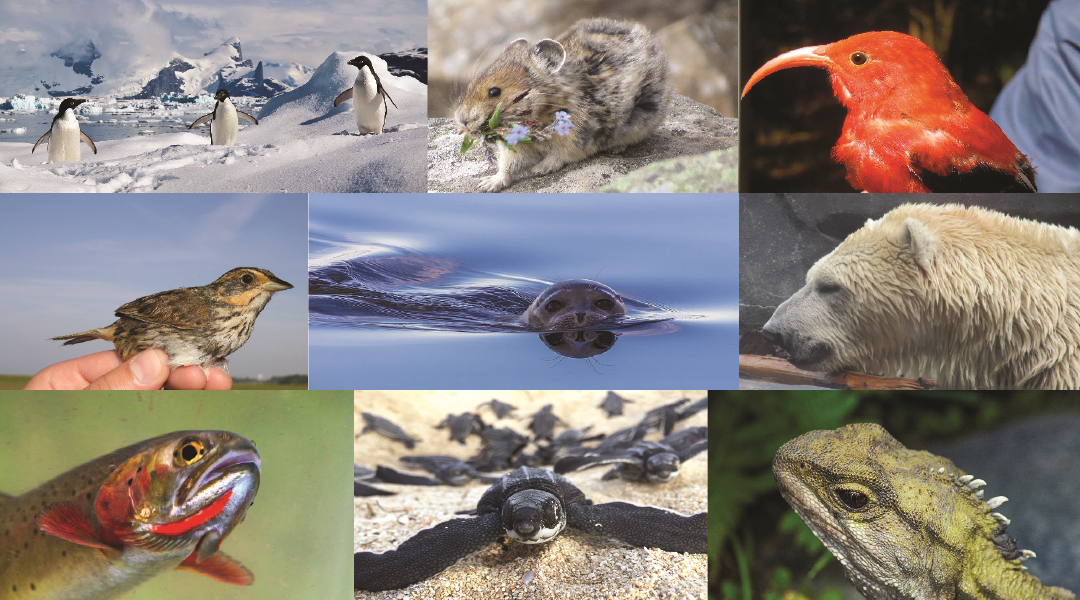
Now that climate scientists can make better projections of climate change, biologists need to project and prevent its impacts on biodiversity.